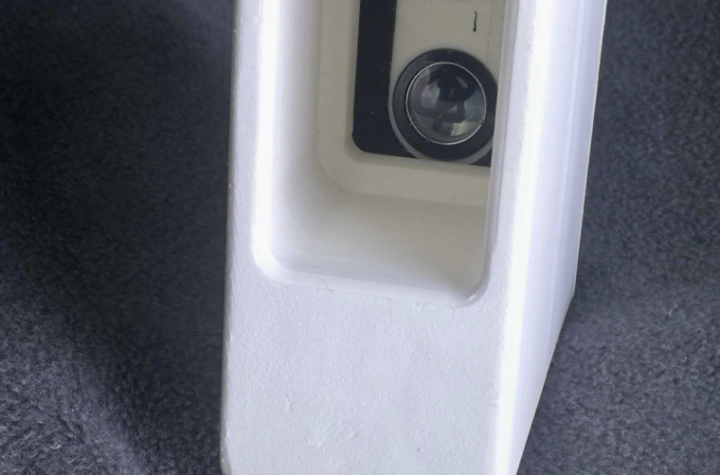Toshiba Electronic Devices & Storage Corporation (“Toshiba”) has developed a
model-based development (MBD) simulation technology that shortens
verification times for automotive semiconductors by about 90 percent.[1] The
technology allows automotive equipment developers to quickly evaluate
designs using Toshiba’s automotive semiconductors, helping to shorten
development times.
As electric vehicles grow in popularity and advanced driver-assistance
systems become standard, automotive equipment is growing increasingly
advanced and complicated. Model-based development, a development methodology
that uses software to simulate models and evaluate performance in real-time,
is helping product developers to refine complex design processes. In the
automobile industry, MBD contributes to development advances by
simultaneously progressing design and verification prior to making
prototypes.
MBD separates functions into blocks and verifies total vehicle behavior by
connecting each block. Detailed simulation models that include the behavior
of semiconductors in individual blocks are required to verify heat and
electromagnetic interference (EMI), essential parameters for assessing the
performance of automotive equipment. However, as models become more detailed
and precise, verification times are growing longer.
Toshiba took a long hard look at its current evaluation and verification
technology for automotive equipment. Sub-systems like electric power
steering comprise semiconductor-based electronic circuits that work in
microseconds along with mechanical components, gears and shafts, that work
in milliseconds. Toshiba’s current technology simulates the electronic
circuits and mechanical components at the same time, on a microsecond basis,
but this results in a large number of unnecessary and time-consuming
calculations in the mechanical components. The technology is also
complicated because it adopts the SPICE model-Simulation Program with
Integrated Circuit Emphasis-that defines over 100 parameters for the
simulation of semiconductor behavior.
Toshiba’s new modeling technology, “Accu-ROMTM”, separately calculates the
electronic circuits and the mechanical components. First it verifies the
mechanical components, then simplifies the model for mechanical components
and finally verifies the total system, including its electric circuits. This
approach eliminates unnecessary calculations. In evaluating the electric
circuits, the model automatically generates a Very High speed integrated
circuit Hardware Description Language-Analog Mixed Signal (VHDL-AMS) model
from the SPICE model. VHDL-AMS model allows the verification range to be
limited to essential parameters, such as heat and EMI noise, shortening the
verification time. For example, verification of a power steering system with
Toshiba’s current technology takes 32 hours 51 minutes, but that falls to 3
hours 27 minutes[1] with the new technology.
Toshiba will use the new technology to promote development of high-heat
dissipation and low noise automotive semiconductors, and to provide its
customers with a development environment which makes it easier to use
Toshiba’s products. In addition to automotive applications, Toshiba will use
the new technology in semiconductors for other applications, such as
industrial equipment and home appliances.
Notes
[1] Verification times for simulation of three-phase inverter circuits in an
automotive electric power steering system during a right turn with a
duration of six seconds.
* Accu-ROMT is a trademark of Toshiba Electronic Device & Storage
Corporation.
* All other company names, product names and service names may be trademarks
of their respective companies.
About Toshiba Electronic Devices & Storage Corporation
Toshiba Electronic Devices & Storage Corporation, a leading supplier of
advanced semiconductor and storage solutions, draws on over half a century
of experience and innovation to offer customers and business partners
outstanding discrete semiconductors, system LSIs and HDD products.
The company’s 22,000 employees around the world share a determination to
maximize product value, and promote close collaboration with customers in
the co-creation of value and new markets. With annual sales now surpassing
710-billion yen (US$6.5 billion), Toshiba Electronic Devices & Storage
Corporation looks forward to building and to contributing to a better future
for people everywhere.
Find out more at https://toshiba.semicon-storag











More Stories
Click Shield from MIKROE simplifies integration of Arduino Portenta with over 1600 Click boards
Optimizing Mid-Power Silicon MOSFETs for Automotive Applications
Paolo Pininfarina named the 2024 Laureate of The American Prize for Design